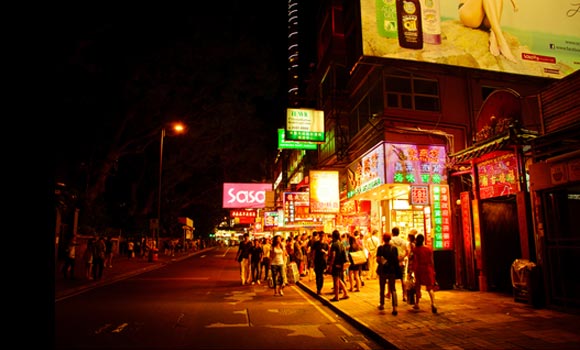The satire of the passage quoted in the previous post only shows the more benign side of Houellebecq’s prose. His distaste for contemporary life goes beyond making fun, and even beyond breaking the strictures of political correctness. His venom goes as far as being sexist, racist, misogynistic and downright misanthropic. Is this just an author wanting to shock? Is it the voice of the characters or his own? Is he giving voice to animosities which many people feel but are usually afraid to voice? Are they attitudes from an earlier age which still course deeply in Western culture, or are they even more deeply rooted in us? Or is it just the resentment of the neglected child, angry at people in the now because they were wronged long ago. Is it the frustration of being locked in a cycle of dysfunction caused by hurt, which leads to more hurt?
And why has the literary establishment accepted as one of their own? He certainly casts a cold eye on the oddities of contemporary society; Parisian sex clubs, supermarket ‘culture’, single mothers who are terrified of their teenage sons. And yet he exaggerates hugely. Not everyone is isolated, not everyone living outside the metropolis is excluded from society. Even people who do not live in traditional families can still be integrated rather than atomised, can still have warm and caring relationships with neighbours and friends, children, parents, and lovers. And the old structures have not disappeared. It is just as difficult to hold onto them unchanged as it is to make them disappear. How often do we smirk at the embarrassment of the married family values Conservative caught with his or her pants down? And how predictably do alternative types reproduce the old patterns, the double standards and the pruderies?
It is ironic and also logical that those who have sought change the most; the ‘68ers and their intellectual descendants, the hippies and crusties, the reds and the greens, feminists, are also those from whose ranks are drawn the seekers for rediscovered and recreated culture, community and spirituality. And this Houellebecq has detected with unnerving certainty. But what ‘back-to-the-fifties’ malcontents of Houellebecq’s ilk always omit is that the counterculture happened for a reason. And it wasn’t because everything had been hunky dory. There was overt racism and gross sexual discrimination, deference to authority that verged on the undemocratic. Violence, rape and abuse was widely tolerated and hidden in families, churches and schools. ‘Manly’ virtues of soldierly aggression, obedience and lack of feeling went unquestioned for many. The traditional family meant many fathers did little with their children apart from back mother’s injunctions with the threat of violence – ‘when your father gets home’. And communities, remember, excluded as well as included. They excluded gay people, single mothers and often anyone else who was different. Our world, for all its faults, has a major advantage: we are allowed to be different, which is good, because sometimes, all of us are.
photo credit: © Eddygaleotti | Dreamstime.com
